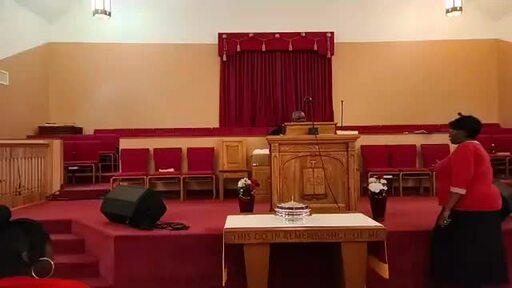lift up thy voice

let our voices be heard
Looking beyond Judah’s imminent captivity, the prophet sees a day of salvation yet coming in the future. This section of Isaiah’s prophecy (40:1–48:22) is often called the Book of Consolation. Comfort ye (nachamū) means both “repent” and “console,” and implies that true repentance must precede divine consolation. My people (˓amı̄) refers to the people of God who are in a covenant relationship with Him
The voice said, Cry.
And he said, What shall I cry?
All flesh is pgrass,
And all the goodliness thereof is as pthe flower of the field:
7 qThe grass withereth, the flower fadeth:
Because the spirit of the LORD bloweth upon it:
Surely the people is grass.
8 The grass withereth, the flower fadeth:
But the word of our God shall stand for ever.
Cry aloud … shew my people their transgression indicates that Isaiah was to shout against the sins of Israel and Judah. God further warns them that though they delight to seek me daily, they will be judged for making a mere show of their religion. The true fast is contrasted with the false external show of piety. Thus God’s fast will loose the bands of wickedness and undo the heavy burdens for those who truly repent.